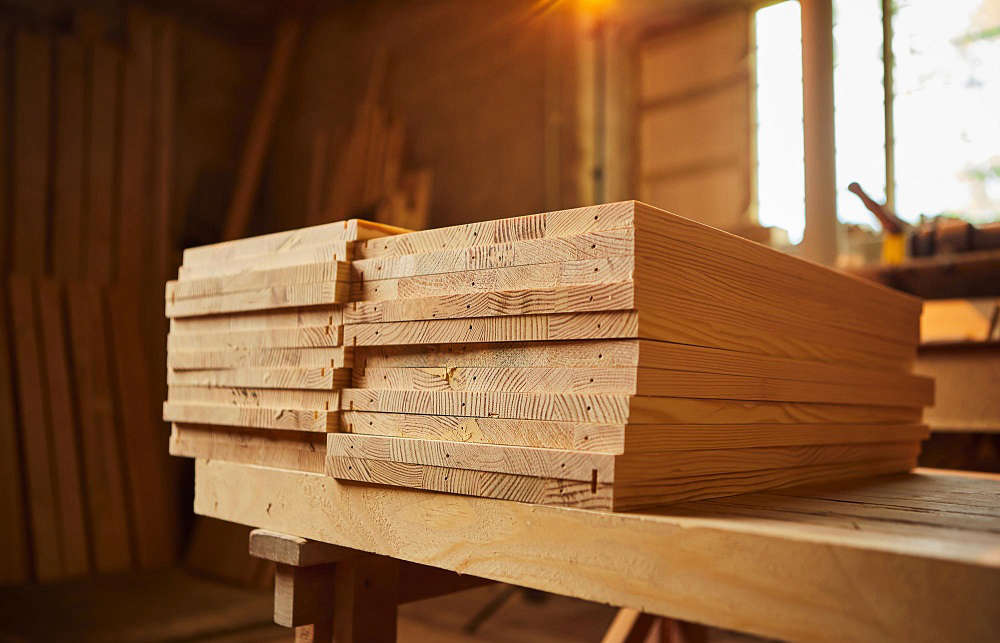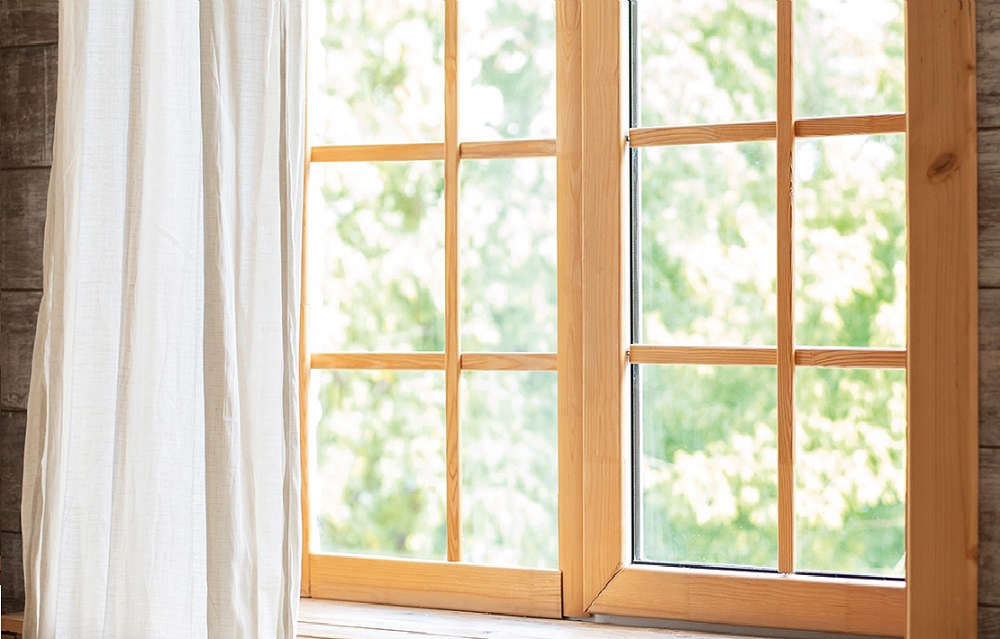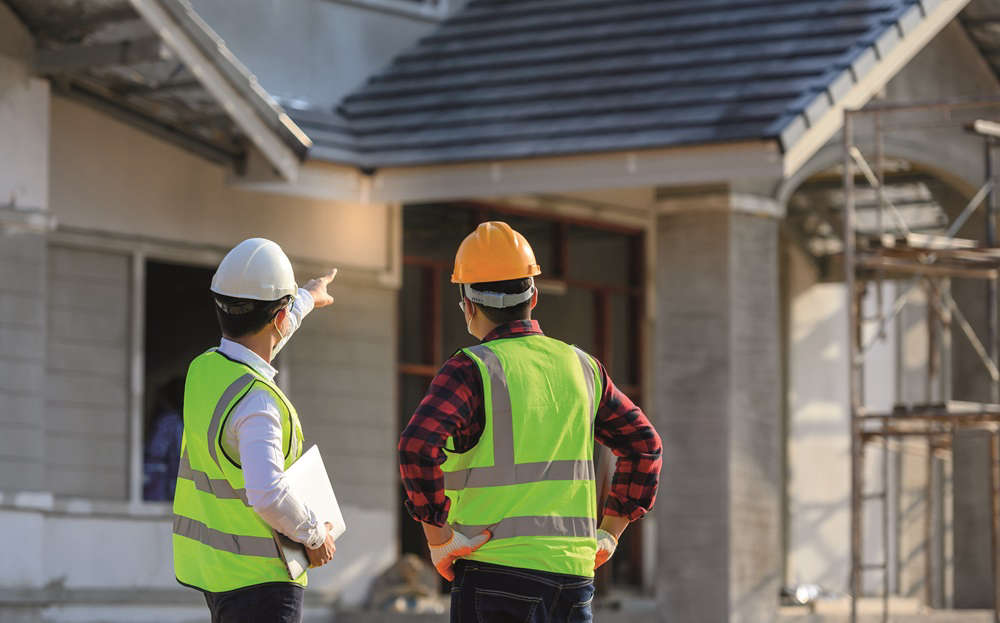
Superwood is said to have 50% more tensile strength than steel and a strength-to-weight ratio that’s 10 times stronger
The construction industry's material hierarchy is shifting as engineered wood technology is challenging the structural dominance of steel.
In 2018, it was reported that scientists developed "Superwood," a chemically treated and compressed wood product with superior strength-to-weight ratios compared to traditional steel.
Superwood is now being hailed as the lightweight alternative to concrete and steel.
Scientific American had reported that scientists from the University of Maryland in the US were working on densifying wood to make it stronger than steel. Test results show that a five-layer plywood of densified wood stopped simulated bullets fired into the material.
Since then, the researchers have spent time refining the technology, and an American firm, InventWood, has placed its bets on this new superwood and has begun to commercialise it, Tech Crunch reported earlier this year.
As environmental considerations and performance requirements evolve, the company plans to enter the construction sector specifically, “the bones of the building”.
The article states that Inventwood has raised $15 million to build the factory. Superwood is said to have 50% more tensile strength than steel and a strength-to-weight ratio that’s 10 times better.
It’s not just InventWood that’s working on this technology; other companies are also working on different engineered wood products, according to the BBC.
 Pollmeier in Germany has introduced BauBuche, a laminated veneer lumber made from thin layers of wood pressed and glued together. 3RT in Australia creates hardwood using thin veneer sheets of low-value trees or "pulp logs."
Pollmeier in Germany has introduced BauBuche, a laminated veneer lumber made from thin layers of wood pressed and glued together. 3RT in Australia creates hardwood using thin veneer sheets of low-value trees or "pulp logs."
This material has already gained ground in the construction industry and is currently used for large window frames, kitchen cabinets, furniture, and the treads of internal staircases.




 BMF welcomes higher IHT relief threshold
BMF welcomes higher IHT relief threshold
 Lovell, Morgan Sindall Construction and Building Heroes join hands to support Darlington Skills Academy
Lovell, Morgan Sindall Construction and Building Heroes join hands to support Darlington Skills Academy
 Checkatrade partners with Sage to help small businesses with Tax Digital
Checkatrade partners with Sage to help small businesses with Tax Digital
 AUDIO NEWS: Construction activity falls, and EastEnders cast raise money for an electrician
AUDIO NEWS: Construction activity falls, and EastEnders cast raise money for an electrician
 Home builders hand ‘Power to Move’ to buyers
Home builders hand ‘Power to Move’ to buyers




